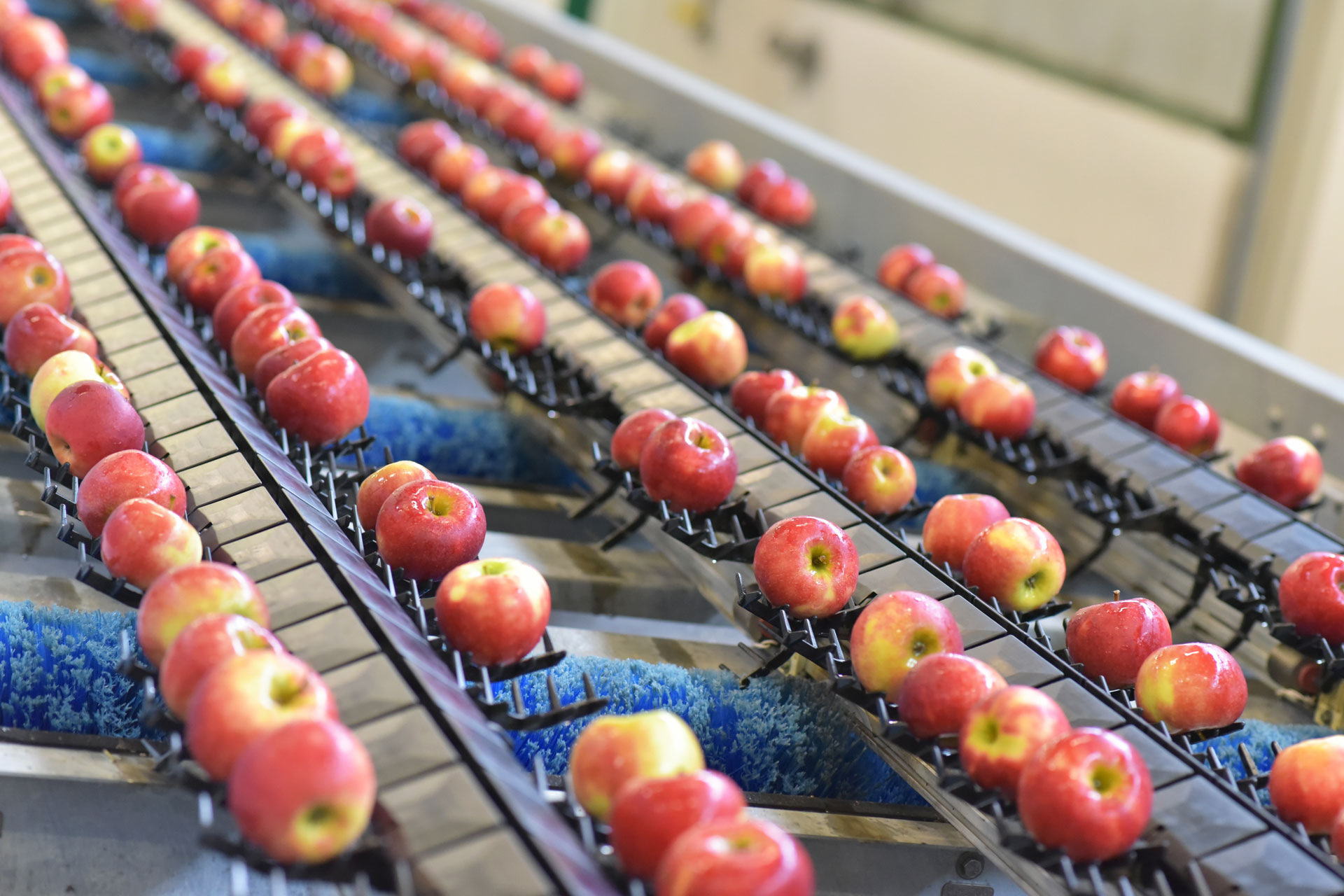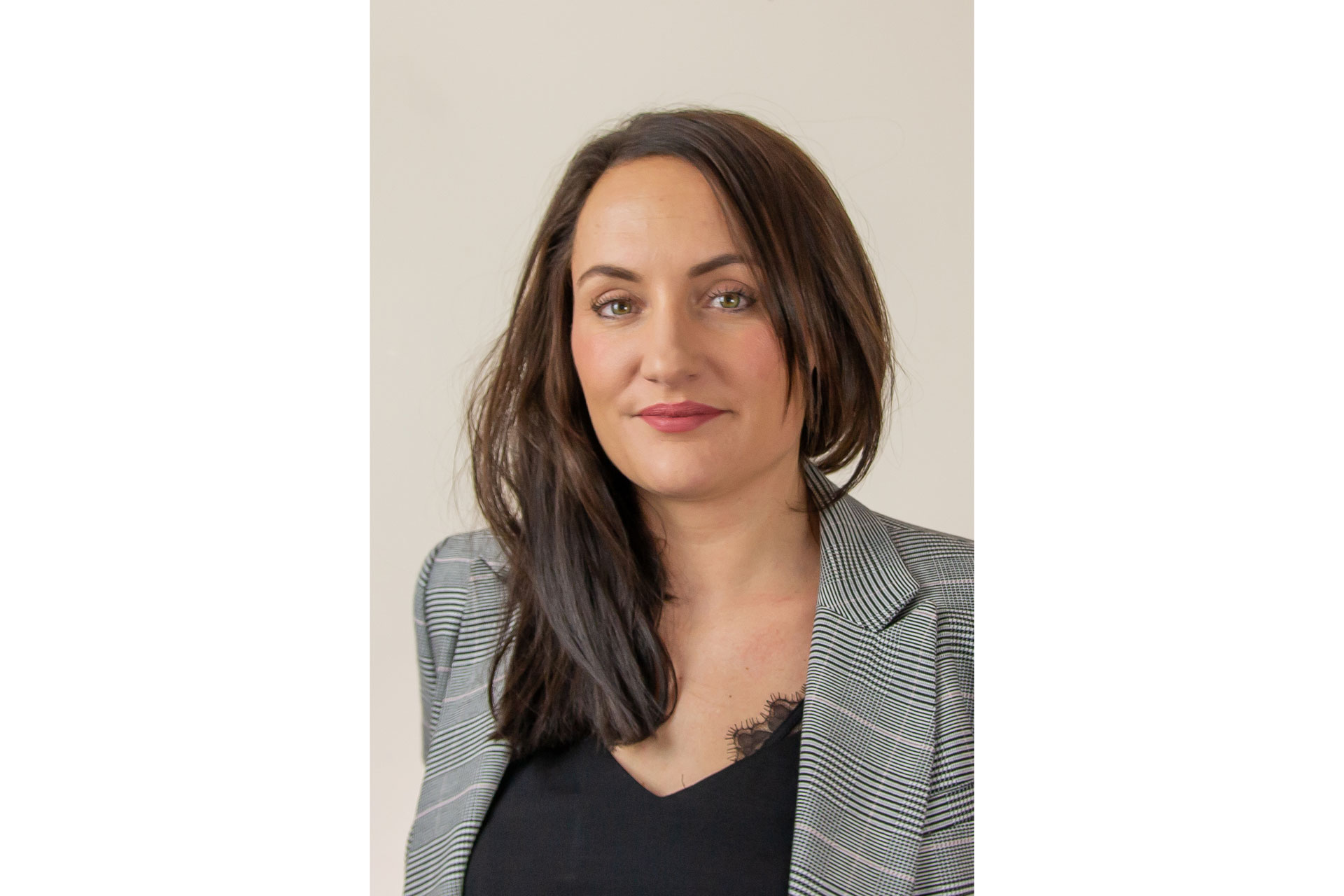What is the Future Food Movement?
By
3 years ago
'In the future, everyone’s job will be a climate job'

From environmental lawyers to sustainability officers, all sorts of new jobs are being created to help tackle climate change. But new roles are only part of the equation: upskilling our current workforce is equally important. Enter the Future Food Movement, a pioneering initiative to tackle the climate skills gap within the food industry. We chatted to its founder, Kate Cawley, to find out more.
Kate Cawley on How The Food Industry Needs To Change

Kate Cawley
Tell us about your background…
I am the founder of Veris Strategies, a strategic change consultancy that focuses on supporting food and drink businesses to develop and deliver impactful climate strategies. I also founded the Future Food Movement in 2021, which connects previously competitive food businesses and helps them combat climate change. We identified a huge climate skills gap in the food industry and launched the Future Food Movement to give individuals and businesses much-needed climate skills and the confidence to take action.
I also used my background in corporate communications to support my family’s waste management business and launch the UK’s first commercial food waste anaerobic digestion food recycling plant. This kickstarted a passion for food manufacturing and an interest in how waste reduction and climate strategies are as much about behaviour change than process. This is more than setting PR-friendly green targets, it is about instigating behavioural changes across all areas of a business and embedding a net zero culture.
What is the Future Food Movement?
The Future Food Movement is a pioneering new community, industry network and upskilling platform, founded by Veris Strategies, which is solely focused on closing the climate skills gap and driving genuine collaboration between food companies in order to tackle climate change.
The digital learning platform and business network has been developed to upskill the food and drink industry on critical climate issues; from factory floor to boardroom. Our ambition is to upskill 10,000 people working in the industry in 2022. It has the ambitious aims to revolutionise the role that individuals and businesses play in how the UK food and drink industry tackles climate change.
We identified a lack of confidence in business leaders at some of the UK’s leading food manufacturers and a cautiousness in how they were developing and implementing climate change initiatives. We spotted an opportunity to put these businesses together in the same room to collaborate, learn and be inspired from each other in order to help them to develop strategies quicker.
What are the key issues for the food industry in terms of its impact on the environment?
The food industry isn’t moving fast enough on the climate. A third of global greenhouse gas emissions come from the food system and the climate crisis threatens to undermine the world’s food supply chain. Implementing climate strategies in the food sector is now business critical.
If food businesses do not adapt swiftly they won’t exist. The Future Food Movement is built on the philosophy that when you know about the impacts of climate change then you can’t unknow it. Everyone can make a difference. In addition, the UK food industry is facing a trilemma of health, sustainability and affordability issues but it is also facing a growing climate skills gap which could, if not fixed, derail both business growth and the future health of the planet.
What can companies do to initiate positive change?
Giving their employees the skills and knowledge to enact climate change initiatives and permission to challenge. The food industry needs a skills revolution. Our research found there is a clear need for climate leadership and upskilling with more than half of respondents pointing to professional development strategies as the best way forward to help organisations effectively price net zero into their business model at little or no cost to the consumer.
By strengthening workforce capabilities, organisations could also help to inject some motivation and re-energised momentum for values-driven action and creative problem-solving, two cultural drivers that often get sidelined in the immediacy of running a business. Both these drivers are critical to finding the solutions that matter in the fight against climate change.

Gizzi Erskine
How can individuals help?
In the future, everyone’s job will be a climate job. To help make this a reality, we launched the Future Food Movement Ally Community, which is a digital community founded to revolutionise the role that individuals play in the UK’s food and drink industry and empower them to accelerate climate change initiatives from within.
Chef, restaurateur and sustainable food campaigner Gizzi Erskine, who is supporting the Future Food Movement, put it perfectly: ‘The UK food industry is a big carbon emitter – and to make real measurable change we all need to become climate warriors. Businesses are slowly catching on to the terrifying realisation that we are at critical moment in history, and that drastic changes are needed now to preserve our planet for future generations. Our industry has the power and ability to start this critical revolution but, only when we get smart and share knowledge, can we really work together and see real effective climate action.’
Greenwashing is a big problem across all industries. How can we spot it?
If you’re not hearing it and seeing it from the CEO then that suggests it’s not truly being led in the heart of the business. Businesses being able to communicate about how they’re going to reach targets is key. It’s important to see the plan behind the purpose.
What makes you feel positive about a sustainable future?
Ultimately, I’m a climate optimist. I know that we can all work together to minimise the impact of climate change. I want to be able to look my daughter in the eyes and tell her that I tried to make the world better. I believe that many parents feel the same way. We want to build a legacy for our children and leave them a world that isn’t at the brink of catastrophe.
And what are the facts that make you feel most fearful?
The state of our soil health. We need healthy soil to sequester carbon and help reverse the effects of climate change and to support the planet’s biodiversity. However, half of our agricultural soils are already degraded. It’s a very real challenge which we need to urgently fix.

Name three brands in the food industry that are doing the right thing, and why?
- McDonalds is doing a good job on sustainable sourcing and animal welfare. They have scale and the opportunity to influence so many consumers positively.
- Yeo Valley is leading the regenerative and nature positive agenda very authentically.
- COOK, one of the original B-Corp businesses.
A product/service you’ve discovered recently that we need to know about?
The Modern Milkman is a great idea to support local farmers and is plastic free. They started out in Lancashire delivering milk in bottles in their local area and have now expanded across the UK.
Find out more at futurefoodmovement.com
Main image: Getty Images
READ MORE:
A Guide to Food Certifications / What is Permaculture?



